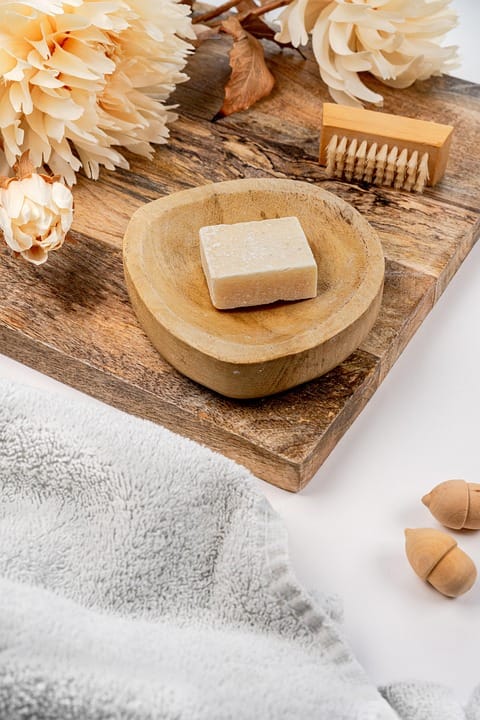
Wellness drinks have become increasingly popular in recent years as people seek out new ways to improve their overall health and well-being. These beverages are often packed with vitamins, minerals, antioxidants, and other beneficial ingredients that are believed to promote good health. But what exactly is the science behind wellness drinks, and do they really live up to their promises?
One of the key components of many wellness drinks is the inclusion of antioxidants. Antioxidants are compounds that help to neutralize harmful free radicals in the body, which can cause damage to cells and contribute to chronic diseases such as cancer and heart disease. Many wellness drinks contain ingredients like vitamin C, vitamin E, and beta-carotene, all of which are powerful antioxidants that can help to protect the body from oxidative stress.
Another common ingredient in wellness drinks is probiotics. Probiotics are live bacteria and yeasts that are beneficial for digestive health. They help to balance the gut microbiome, which is important for overall digestion and immune function. Studies have shown that probiotics can help to improve digestion, boost immune function, and even reduce symptoms of certain digestive disorders like irritable bowel syndrome.
Many wellness drinks also contain vitamins and minerals that are essential for overall health. For example, vitamin D is important for bone health and immune function, while vitamin B12 is necessary for nerve function and energy production. Minerals like magnesium, potassium, and zinc are also important for various bodily functions, such as muscle contraction, nerve transmission, and immune response.
In addition to these key ingredients, many wellness drinks also include herbs and botanicals that are believed to have specific health benefits. For example, green tea is often included in wellness drinks for its high levels of antioxidants and potential anti-inflammatory properties. Turmeric, ginger, and ginseng are also common ingredients that are believed to have anti-inflammatory and immune-boosting effects.
But do wellness drinks actually deliver on their promises? While the science behind many of the ingredients in these beverages is promising, it’s important to remember that they are not a cure-all for all health issues. It’s always best to focus on a balanced diet, regular exercise, and other healthy lifestyle habits in addition to consuming wellness drinks.
That being said, incorporating wellness drinks into your routine can be a convenient way to boost your intake of essential nutrients and antioxidants. Just be sure to choose beverages that are low in added sugars and artificial ingredients, and opt for options that are made with high-quality, natural ingredients.
In conclusion, the science behind wellness drinks is solid, with many ingredients showing promising health benefits. While they may not be a magic bullet for perfect health, incorporating these beverages into a balanced diet and healthy lifestyle can certainly be a positive step towards overall well-being. So go ahead and raise a glass to your health with a refreshing wellness drink!
